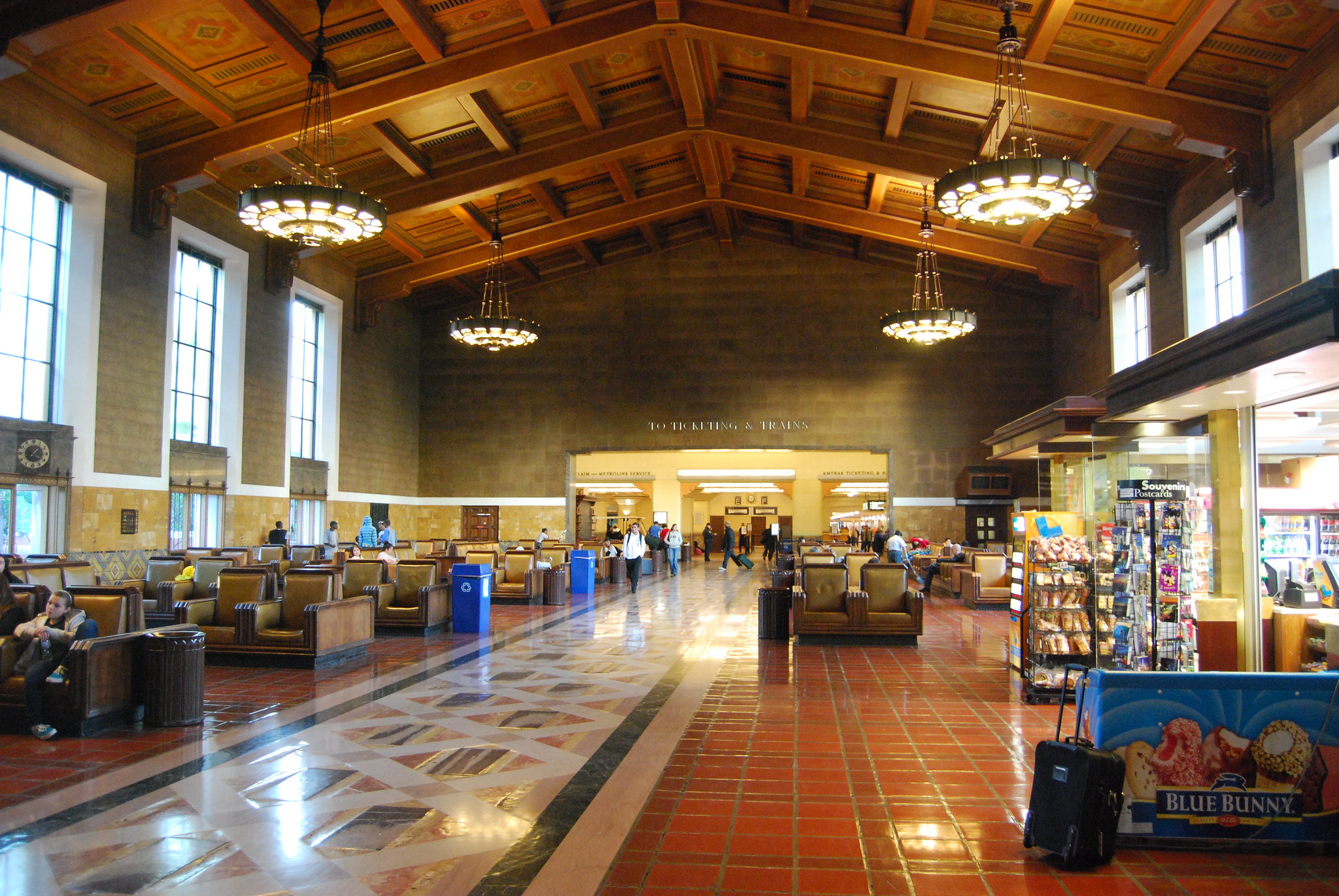The Los Angeles Department of City Planning and the Los Angeles Department of Transportation Monday announced proposed changes to the Transportation Demand Management Program in an attempt to reduce Angelenos’ dependency on vehicles and help the city meet its goals to reduce carbon pollution.
The Transportation Demand Management Program includes incentives, services, policies and physical improvements that are designed to reduce vehicle trips and vehicle miles traveled in the city. It seeks to encourage public transit, bicycling, walking, carpooling and strategies that reduce the need for people to take trips altogether, including telecommuting and mixed land use strategies.
“This program puts people first. It recognizes Angelenos’ diverse transportation needs, invests in walkable, bike-friendly, transit-rich communities, and incentivizes the creation of walkable activity centers,” Director of Planning Vince Bertoni said.
“By creating more efficient and sustainable options for getting around the city, we will make it easier for Angelenos to reach jobs, education, healthcare, and social activities.”
The draft proposal attempts to encourage new developments that support sustainable transportation choices so residents, visitors and employees can reduce drive-alone trips. The draft proposes that the city not issue building permits or certificates of occupancy to projects that do not comply with the Transportation Demand Management Program ordinance, with some exemptions. The previous ordinance applied only to large-scale commercial sites, but the proposed changes would expand the program to more new construction projects, including multi-family residential development projects that have 16 units or more.
Projects of a certain size would be required to incorporate Transportation Demand Management strategies. Officials would ensure compliance through a calculator that generates a “point target” based on the project’s scale and parking capacity. The City Planning Department also offers developers a menu of pre-approved strategies to reduce single-occupancy vehicle trips.
“L.A.’s TDM Ordinance brings a long-overdue overhaul to our development review process that will make us a more connected and efficient city,” LADOT General Manager Seleta Reynolds said. “When we incentivize a wider range of transportation options, we build a future with greater mobility, less traffic, and improved health outcomes for Los Angeles.”
The ordinance will be submitted to the City Planning Commission and then the City Council for approval.







